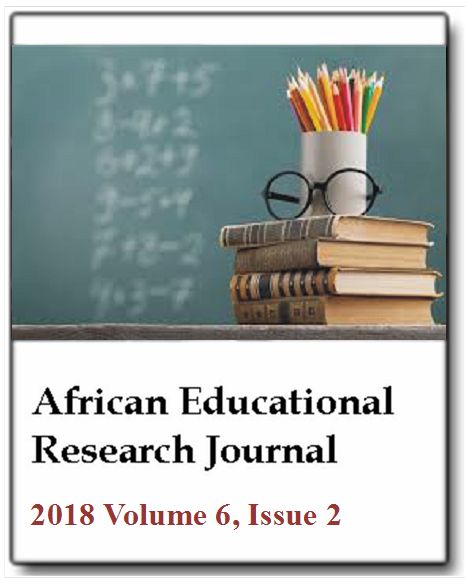Human capital formation and economic growth in Nigeria: A time bound testing approach (1981-2014)
Matthew Babatope OgunniyiAfrican Educational Research Journal
Published: May 17 2018
Volume 6, Issue 2
Pages 80-87
DOI: https://doi.org/10.30918/AERJ.62.17.046
Abstract
This study explores the relative impact of human capital formation on economic growth in Nigeria from 1981 to 2014 using time series data of thirty four (34) years. The empirical analysis begins with an investigation of the stationarity of the variables specified under the model specification. Upon which the study used the ARDL bound estimation techniques to examine the existence of long run and short run dynamic relationship between human capital formation and economic growth in Nigeria. Our results show that a long run dynamic relationship exists between human capital formation and economic growth in Nigeria. It is therefore recommended that in order to achieve economic growth, policymakers should inter-alia increase not just the amount of expenditure made on the education sector, but also the percentage of its total expenditure accorded to the sector. Moreover, improve personnel development in the health care and ensuring adequate distribution of health facilities within the federation is essentially imperative.
Keywords: Human capital formation, economic growth, gross fixed capital formation, expenditures on health and education, life expectancy.
Full Text PDFThis article is published under the terms of the Creative Commons Attribution License 4.0

